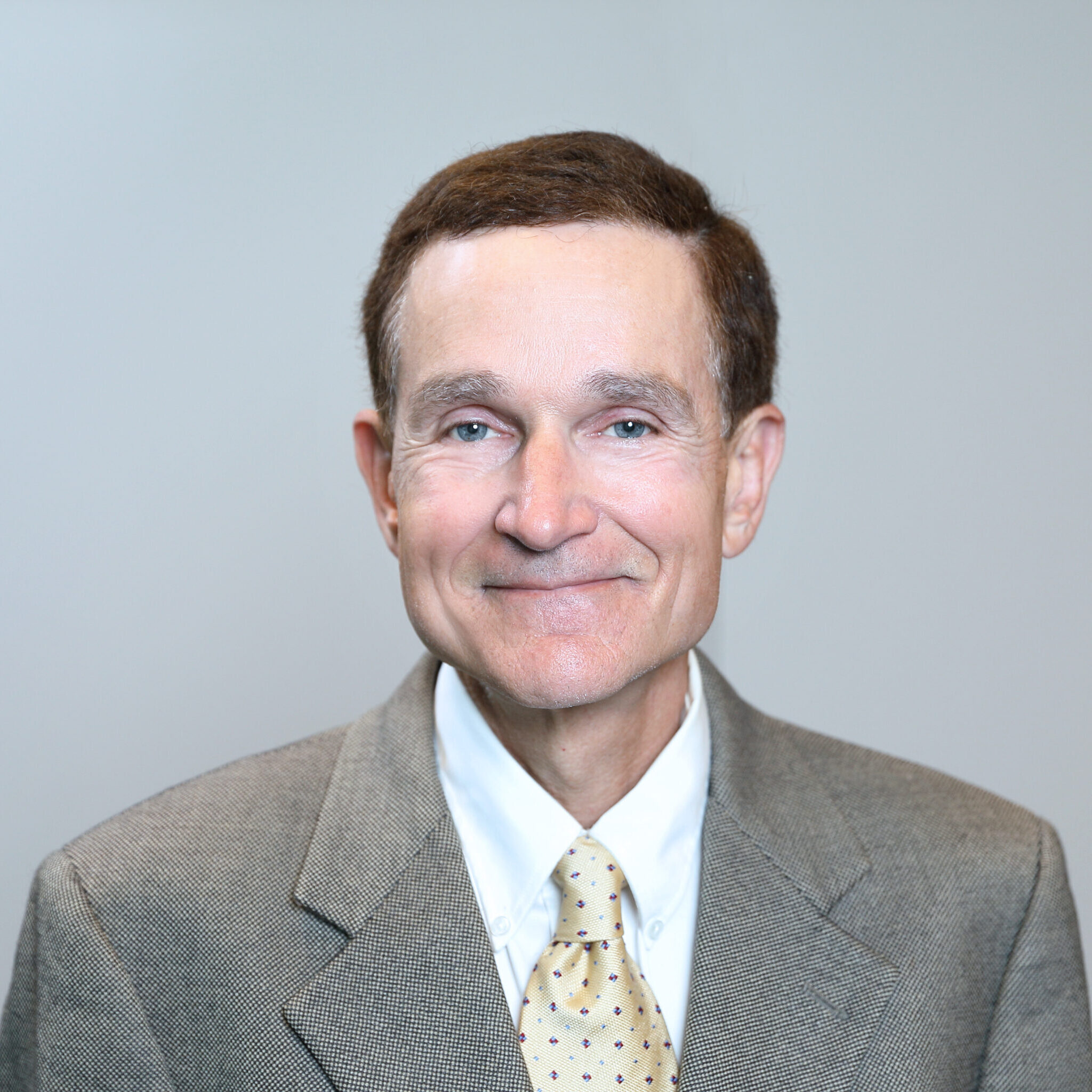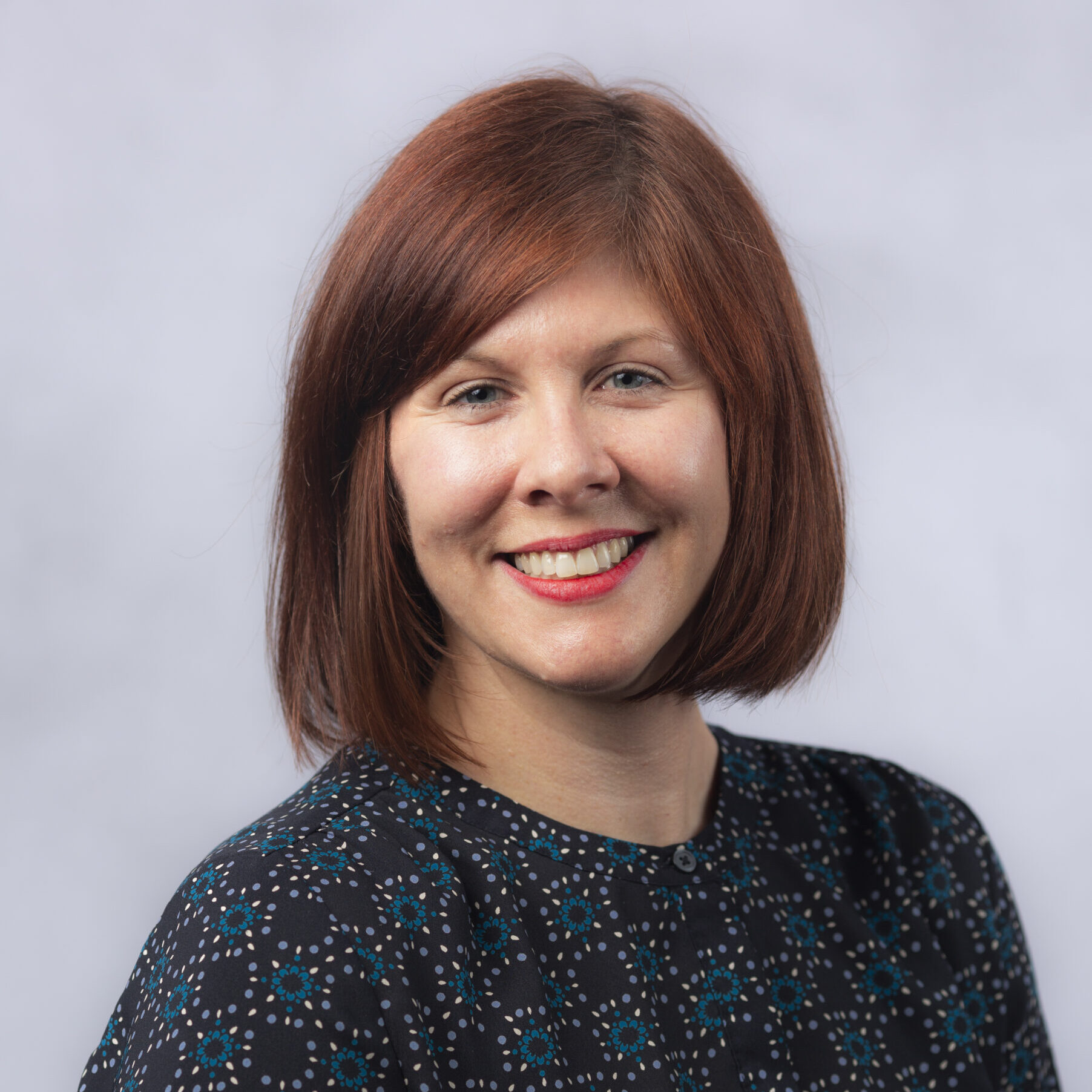Keynote Speakers
Mason Lecture
Wednesday, June 8th, 10:15 AM – 11:00 AM
The ASMBS Mason Lecture features new distinguished thought-leaders and prominent members in the field of bariatric surgery each year. Dr. Edward E. Mason, first President and Founder of ASMBS (then ASBS), is the namesake of this special address.
From Bedside to Bench: Translating Clinic Evidence to Scientific Proof that Bariatric Surgery Decreases Cancer Risk

Edward Sauter, MD PhD MHA
Dr. Edward Sauter serves as a medical and program officer in the Breast and Gynecologic Cancer Research Group (BGCRG). He received his medical degree from Louisiana State University in New Orleans, LA and his doctor of philosophy degree from the University of Pennsylvania in Philadelphia, PA. He completed a residency in general surgery at the Ochsner Hospital and Clinics in New Orleans and a fellowship in surgical oncology at Fox Chase Cancer Center in Philadelphia. He also received a masters degree in health administration from the University of Missouri-Columbia. He spent 20+ years in academic medicine as a physician scientist with an NIH funded laboratory before joining BGCRG. The focus of his clinical care has been on the treatment of breast cancer. His research has centered on 1) the prevention and early detection of breast cancer using noninvasive and minimally invasive approaches, and 2) pregnancy associated breast cancer.
Integrated Health Keynote Speaker
Obesity & Colorectal Cancer: Weighing the Mechanistic and Interventional Evidence

Lisa Tussing-Humphreys, PhD MS RD
Dr. Lisa Tussing-Humphreys is an Associate Professor of Kinesiology and Nutrition, University of Illinois, Chicago, and co-Leader of the Cancer Prevention and Control program of the University of Illinois Cancer Center. She received her doctor of philosophy degree from the University of Illinois, Chicago and is a registered and licensed dietitian. After leaving a research scientist position with the USDA-ARS, she’s spent the last 9+ years in academia establishing and leading an American Cancer Society and NIH funded laboratory focused on nutrition, energy balance and colorectal health and cancer health disparities.


